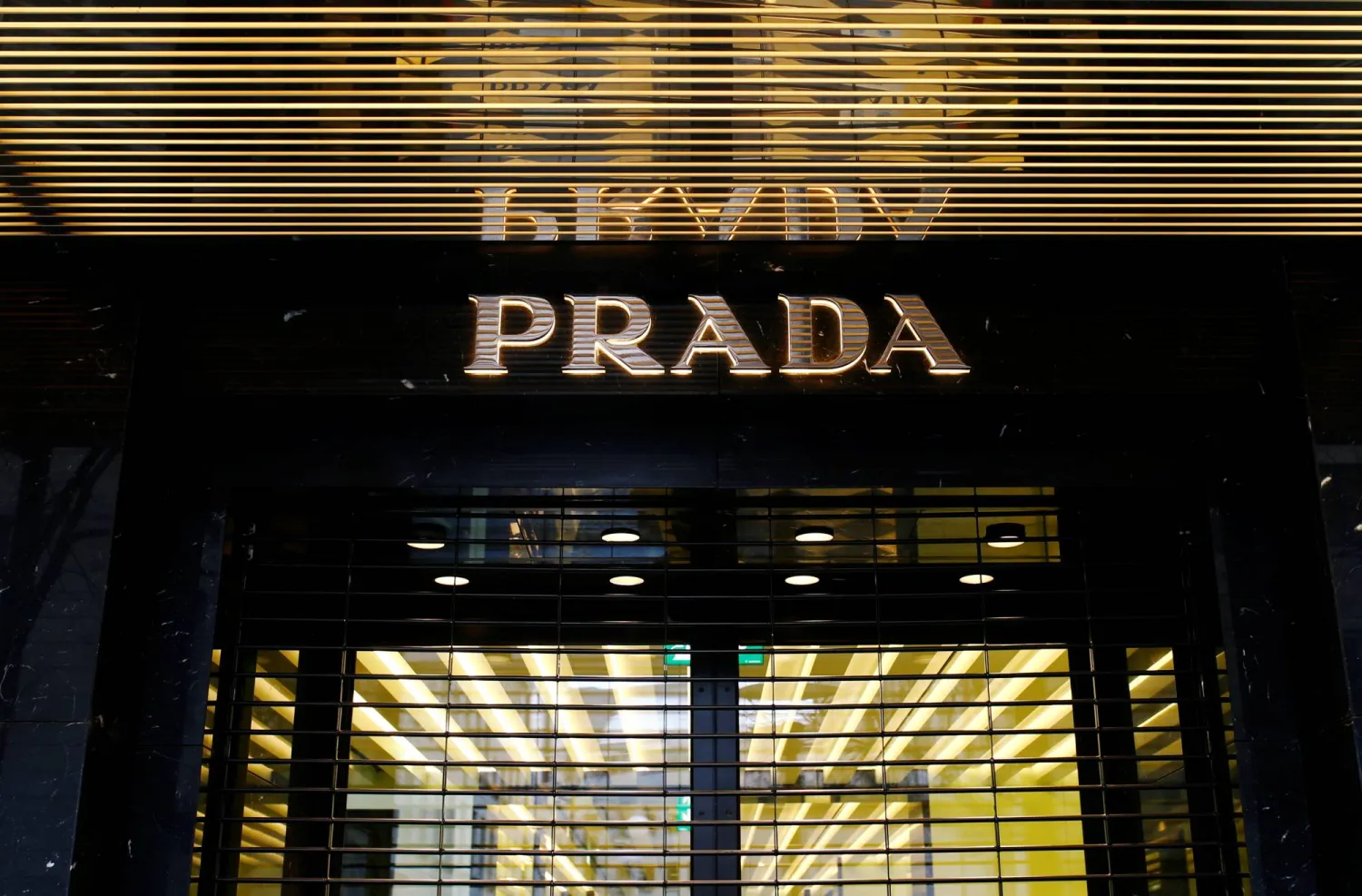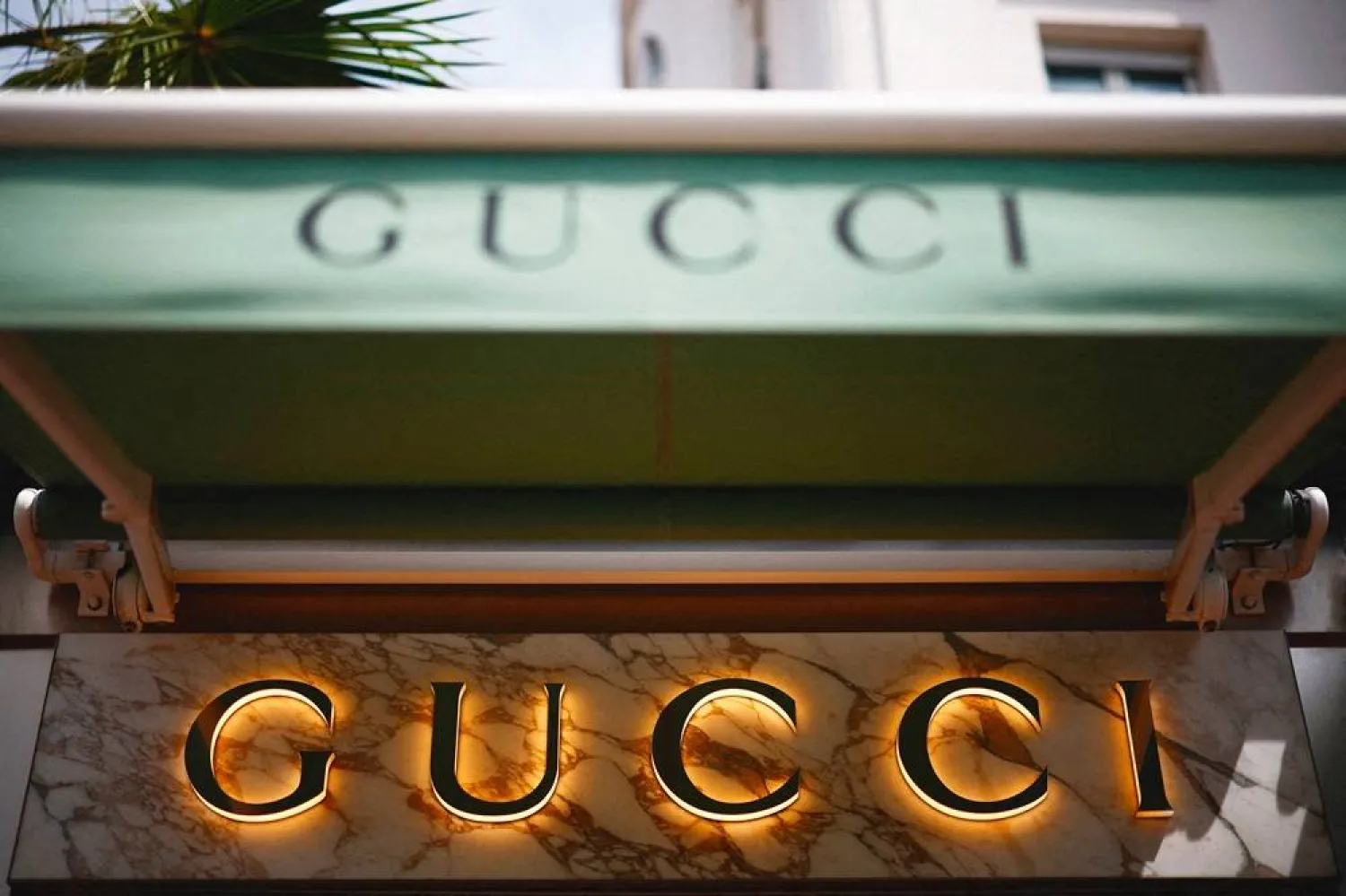The Japanese owner of casual wear giant Uniqlo is projected to beat its own forecast in what would be a third straight year of record profits as its brand makes inroads in western markets and its business in China recovers.
Fast Retailing's operating profit in the 12 months through August likely rose 24% from a year earlier to 478.3 billion yen, based on the average of 15 analyst estimates compiled by LSEG ahead of the company's earnings on Thursday.
That's marginally higher than the company's 475 billion yen forecast, which it lifted in July citing a strong performance in the second half.
Fast Retailing's shares have been on a tear, reaching a record high this week. Key factors going forward will be sales of fall and winter items in Japan and whether the company can reinvigorate its business in China, according to independent analyst Mark Chadwick.
"Investor attention will turn to whether Fast Retailing's measures in Greater China successfully reverse the earnings decline caused by weak consumer sentiment and increased competition," Chadwick wrote on the Smartkarma platform.
With more than 900 stores in China, Fast Retailing has long been seen as a bellwether for the retail sector in the world's second-biggest economy. COVID restrictions weighed on results there for years, but now the challenge is a sluggish economy that has weighed on consumer confidence.
Greater China CEO Pan Ning acknowledged in July that the market is maturing, with the company scaling back store openings and adopting a scrap and build strategy for underperforming locations.
When COVID lockdowns depressed sales in China, the company focused more on expansions in North America and Europe. Both sectors delivered strong sales and profits through the first nine months of fiscal 2024.
Company founder Tadashi Yanai aims to make Fast Retailing the world's biggest fashion retailer, with the operators of Zara and H&M standing in the way. He believes consumers are more focused on value than luxury in a post-COVID world, a trend that works in Uniqlo's favor.
Yanai, Japan's richest man, is scheduled to speak at the company's earnings briefing on Thursday, as well as Uniqlo president Daisuke Tsukagoshi, whom Yanai has spoken of as a possible successor.
Fast Retailing's shares have climbed 43% so far in 2024, outperforming a 16% advance in the benchmark Nikkei index.









